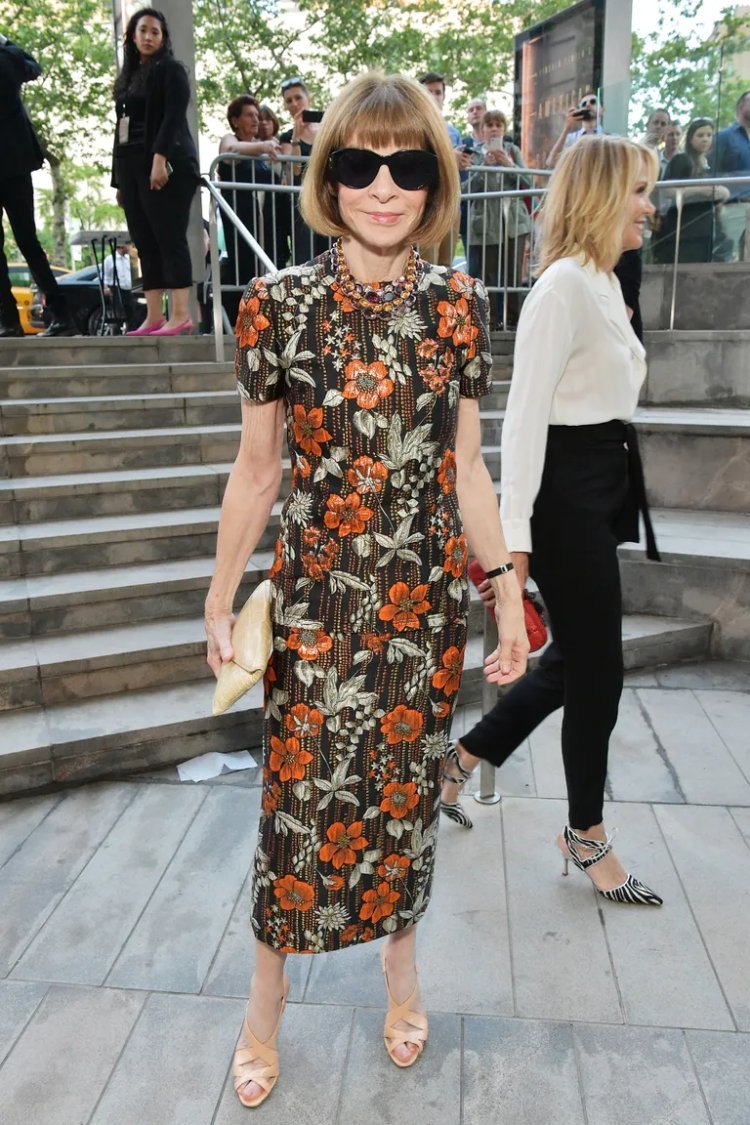In a moment marking the end of an era, Anna Wintour has announced that she is stepping down from her position as editor-in-chief of American Vogue, a role she has held since 1988. Her departure brings to a close nearly four decades at the helm of one of the most iconic fashion publications in the world. While this marks a significant transition, Wintour is not leaving the publishing powerhouse entirely. She will remain in her roles as chief content officer of Condé Nast and global editorial director of Vogue .
The news was shared internally with staff at Vogue , with Wintour stating that the magazine will begin a search for a new head of editorial content. This decision signals a new chapter for Vogue , one that will unfold under new leadership for the first time since the Reagan administration.
Wintour’s impact on Vogue and the fashion industry as a whole is difficult to overstate. When she took over the top editorial role in 1988, she succeeded Grace Mirabella and swiftly began reshaping the magazine’s visual and editorial tone. Her eye for high fashion, her ability to spot emerging talent, and her strong editorial instincts helped turn Vogue into a global cultural touchstone.
Under Wintour’s leadership, Vogue evolved from a leading fashion magazine into a powerful voice in broader cultural conversations. She championed diversity in fashion, launched the careers of designers and models, and helped mold the careers of countless journalists and editors. Wintour also famously supported young designers through initiatives like the CFDA/Vogue Fashion Fund, cementing her role as a gatekeeper and guardian of the fashion industry's future.

However, Wintour’s tenure has not been without its critics. Over the years, she has been both praised and scrutinized for her authoritative style and what some former staff have described as a rigid editorial environment. In more recent years, Vogue and Condé Nast have faced calls for greater diversity and inclusion, prompting internal changes and public commitments to evolve the company’s culture.
Despite stepping away from her role at American Vogue , Wintour’s influence within Condé Nast remains formidable. As chief content officer, a title she assumed in 2020, she oversees content strategy and editorial direction for all of Condé Nast’s global brands, including Vanity Fair, GQ, Allure, Bon Appétit, and others. Notably, The New Yorker remains outside of her purview and continues to be led by editor David Remnick.
Her continued oversight as global editorial director of Vogue means she will still shape the international vision of the brand, influencing how Vogue presents fashion and culture across its more than 20 editions worldwide. In many ways, this dual role allows Wintour to retain her grip on the global fashion conversation, even as she steps away from day-to-day operations at the American edition.
The decision to hand over the reins at Vogue opens the door for a new editorial voice to emerge. Whoever takes over will inherit a publication steeped in legacy and expectation but also one that faces the challenges of a rapidly changing media landscape. With print readership in decline and digital transformation ongoing, the next editor-in-chief will need to be as much a visionary for digital innovation and cultural relevance as a curator of couture.
In stepping aside as editor-in-chief, Anna Wintour is not retreating from the spotlight but rather repositioning herself within it. The next chapter of Vogue begins now — and with Wintour still shaping the brand globally, her legacy continues to unfold.


Your email address will not be published. Required fields are marked *